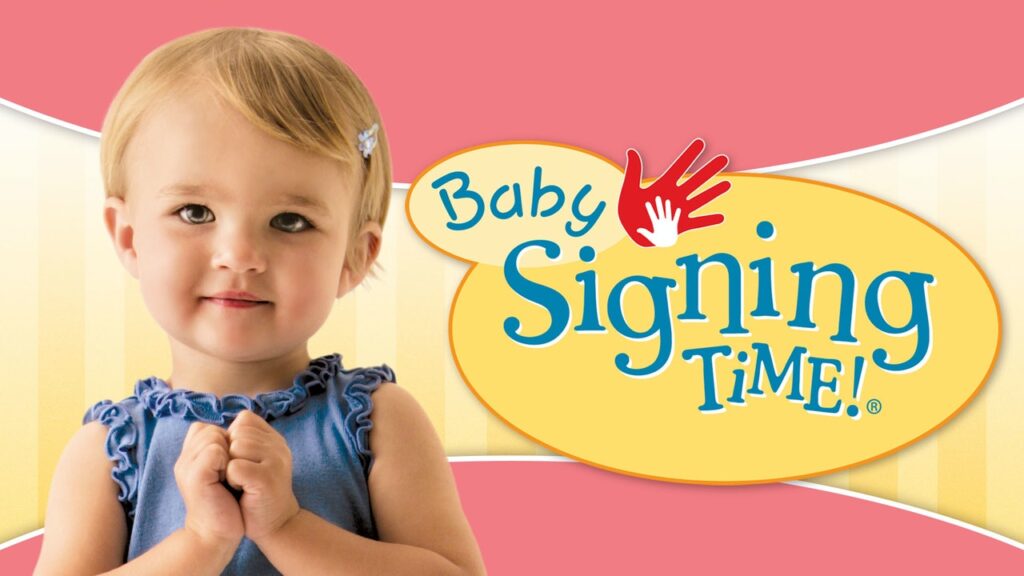October is Domestic Violence Awareness Month. This may seem to have little to do with our children, especially if you have healthy relationships in your family. But violence in the family setting goes much further than what we typically assume, and it is important for us to equip our children with the tools they need to combat abuse, no matter where they may encounter it. One of the key strategies for preventing any problem is awareness. When we know more about an issue, we are more empowered to identify it and prevent it. And with this knowledge, let’s help our kids learn to use their voices against abuse, both now and in the future.
Awareness
We often consider domestic violence to be physical abuse. However, the United Nations describes domestic violence as any kind of domestic abuse, behavior that seeks to have power or control over an intimate partner. It doesn’t have to be physical. Domestic abuse can be psychological, emotional, or financial too. There are many ways to cut a person down or humiliate one’s partner. When this becomes the standard way of life, the person receiving the mistreatment suffers intensely painful wounds – on their bodies or in their souls.
It’s easy to question why anyone would let this happen to them. And here’s where we come to the importance of our kids having a voice. Abusers do not look for weak people to feed off of. They look for strong people who are compassionate, forgiving, committed, and understanding. And because these victims are willing to stick with difficult things, willing to keep loving, willing to try again, they stay. Usually, once a victim understands the futility of their efforts, they are too used up to think clearly about getting out.
And yet, there are strong, compassionate, committed people who do not end up in abusive relationships. Why is this?
Voice
Some people know how to stand up for themselves while being compassionate, and some people have a hard time knowing how to do this. And this is where we can make a difference in preventing future domestic abuse.
Let your kids learn to use their voices
How do we do this? Let’s allow our kids to express their opinions. It doesn’t mean we give up our authority as parents. We can lead well AND listen with understanding. At the same time, let’s recognize that this can be difficult in the busy-ness of everyday life. I know that when things are busy, I often wish my kids would just stop talking. Then I have to remind myself that I really do not wish that. I hope they always feel free to say what they think, to talk about the things that they enjoy, and to know that their thoughts and feelings matter. This is a key way we can help our kids learn to use their voices.
Take your kids voices seriously
We can also take this a step further by taking our kids seriously when they do share their thoughts. My boys talk about video games a lot. I am completely not interested in video games. I do not want to hear every detail about a Kirby battle. But at the same time, I know that it’s important to them. They really want to share their excitement about how it all went down. And since I care about them, I listen and smile and nod and ask questions. I want them to know that whatever they have to share is important. Their interests and cares are not inconsequential.
In the same way, it’s easy for us to dismiss our kids’ fears. For example, my daughter hates to go down to our basement alone. It’s a completely finished basement with a living room and some bedrooms, but it still bothers her. I’ve worked hard to hold back my immediate response that there is nothing to be afraid of or that it is not scary. To be told that what you see is scary is not scary – well, that’s not helpful. It’s a statement that invalidates your own perception and feelings.
So I try to give value to her feelings and help her have power over them. Instead of saying that it’s not scary, I challenge her to be brave. I tell her that I will stand at the top of the stairs and wait for her to come back, and that she can call me if she needs me. Once we’ve made some progress in this way, I challenge her more. Now I can tell her that she is brave and can go downstairs without me at the top of the stairs. I give her 20 seconds to get down there and come back. And then I tell her how great she did and how brave she was. She now knows that she can do it. She is empowered instead of dismissed.
Let’s empower our kids, listen to them, help them to know that their views matter. And in doing so, we can make a difference in preventing future domestic abuse. Let’s help our kids learn to use their voices.
My Signing Time can help your children learn to use their voices

My Signing Time has programming that promotes communication and confidence. Even at the youngest levels, we know that increasing communication skills increases self esteem. In our Baby Signing Time series, we help you boost your child’s early language development. In the first three years of their lives, learning to sign increases the parent/child relationship and provides a way for them to communicate their thoughts and needs before they can speak. Baby Signing Time provides little ones with a strong start. You can learn more about it here in our Parent Guide Video, and you can see one of our confidence building songs from the series here.
With a My Signing Time digital subscription, you can access all of Baby Signing Time, as well as any of our other programming, from any device! Try it with a 14-day free trial right here!

